History: Past Presidents and Chancellors
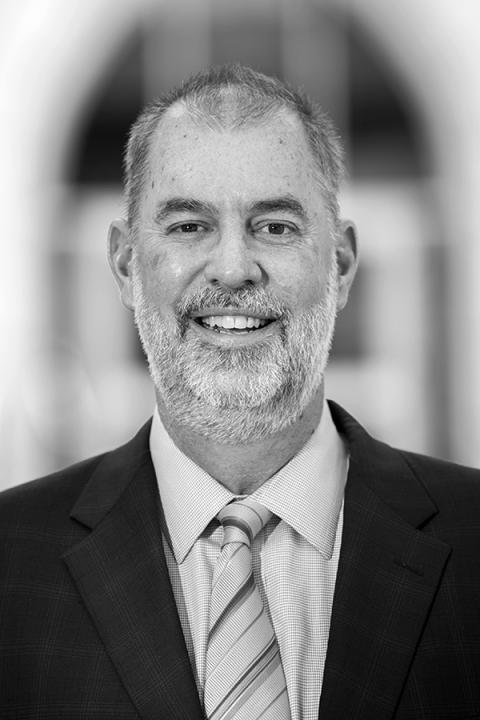
Dr. Robert Dooley
Interim Chancellor of the University of Tennessee at Chattanooga, 2025
Dr. Robert Dooley, a two-time alumnus of UTC, assumed the role of interim chancellor on January 1, 2025. He is the first UTC alum and second graduate of the institution (Dr. LeRoy Martin) to serve as chancellor. With a bachelor’s degree in philosophy and religion (1983) and an MBA in finance (1991) from UTC, he later earned a Ph.D. in business administration from UT Knoxville.
Dooley returned to UTC as dean of the Gary W. Rollins College of Business in 2011 and significantly enhanced the college's infrastructure and programs, securing a transformative $40 million gift in 2018 and a $30 million donation in 2024.
His leadership has emphasized academic excellence, community engagement and global perspectives. Notably, Dr. Dooley and his wife, Kim, established a study abroad scholarship to support students’ international experiences, reflecting their commitment to global education. As interim chancellor, Dr. Dooley continues to guide UTC with a focus on innovation, collaboration and student success.
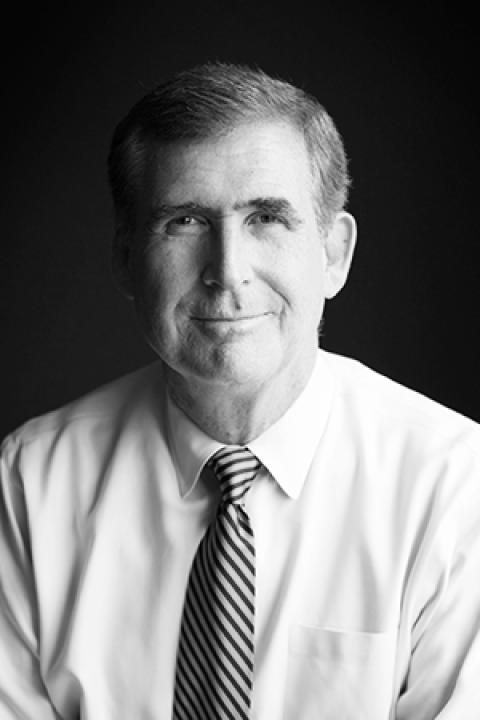
Dr. Steven R. Angle
Chancellor of the University of Tennessee at Chattanooga, 2013-2024
Dr. Steven R. Angle earned a bachelor’s degree in chemistry from the University of California, Irvine and a doctoral degree in organic chemistry from the University of California, Los Angeles. Before joining UTC, he served as provost and professor of chemistry at Wright State University and held leadership roles at the University of California, Riverside, including Dean of the College of Natural and Agricultural Sciences.
During his tenure, Dr. Angle oversaw growth in academic programs, research and campus infrastructure. His leadership included establishing the UTC Research Institute, breaking ground on the Dorothy and Jim Kennedy Health Sciences Building and expanding the Gary W. Rollins College of Business. He prioritized supporting faculty excellence, strengthening student engagement and raising UTC’s profile regionally and nationally.
In 2025, Dr. Angle transitioned to a faculty role in the Department of Chemistry, leaving a legacy of progress and innovation at UTC.
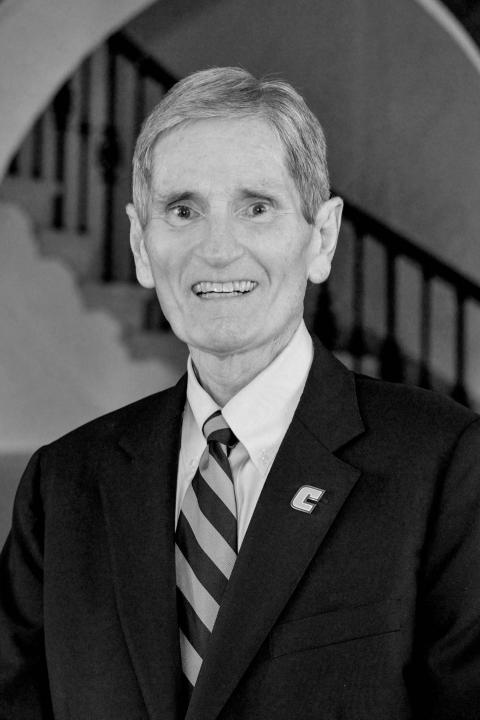
Dr. E. Grady Bogue
Interim Chancellor of the University of Tennessee at Chattanooga, 2012-2013
Dr. Bogue earned the first doctoral degree granted by the University of Memphis, from which he also earned a master’s degree and a bachelor’s degree in mathematics. In 1986, the university named him a distinguished alumnus. Bogue was chief academic officer for the Tennessee Higher Education Commission from 1974 to 1980. Prior to joining THEC, Bogue was on the administrative staff at the University of Memphis for 10 years. He was chancellor of Louisiana State University in Shreveport from 1980 to 1991 and interim chancellor for one year at Louisiana State University in Baton Rouge, and named chancellor emeritus of LSU Shreveport by the LSU Board of Trustees in 1991. He was a professor of leadership and policy studies at the UT Knoxville from 1991 until his retirement in early 2012. After a few short months of retirement, he came to UTC to serve a one-year term as interim chancellor.
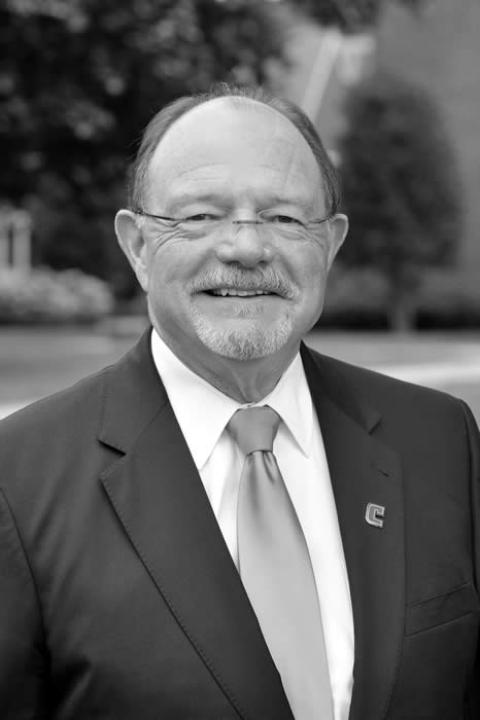
Dr. Roger G. Brown
Chancellor of the University of Tennessee at Chattanooga, 2005-2012
A political scientist with particular academic emphasis in American government, Dr. Brown earned bachelor’s and master’s degrees in political science from the University of Tennessee and a doctoral degree in political science from The Johns Hopkins University. He began his teaching career at Iowa State University in 1983 before joining the University of North Carolina at Charlotte faculty in 1985. Brown left UNC Charlotte in 2000 to serve as the University of North Carolina at Pembroke’s provost and Vice Chancellor for Academic Affairs. Brown came to Chattanooga from the UNC Pembroke in late 2005.
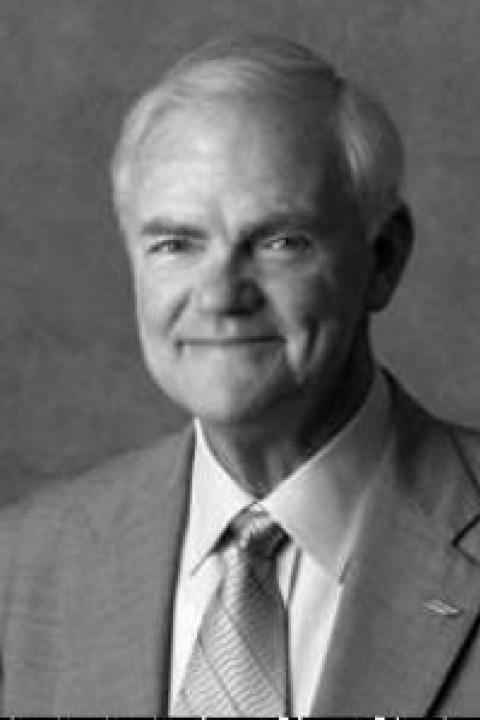
Dr. Bill Stacy
Chancellor of the University of Tennessee at Chattanooga, 1997-2004
Dr. Stacy is a Bristol, Tennessee, native. He received his bachelor’s degree from Southeast Missouri State University and his master’s and doctoral degrees from Southern Illinois University. He became chancellor at UTC in 1997 and served until his resignation in 2004. Prior to coming to UTC, Stacy was president of California State University San Marcos, and he had also previously served as president of Southeast Missouri State University. Upon his departure from UTC in 2004, Stacy served several years as the headmaster at the Baylor School in Chattanooga.
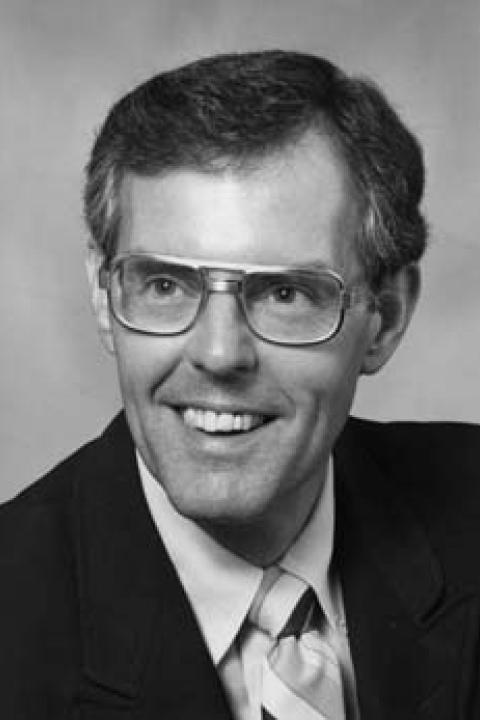
Dr. Fred Obear
Chancellor of the University of Tennessee at Chattanooga, 1981-1997, Interim Chancellor, 2004-2005
Dr. Obear is a native of Massachusetts. He received a bachelor's degree with high honors from the University of Massachusetts at Lowell and a doctoral degree in chemistry from the University of New Hampshire. Obear came to UTC in 1981 from Oakland University in Michigan, where he was vice president for academic affairs and provost as well as professor of chemistry. From 1973 to 1979, he served as a member of the Board of Trustees of Marygrove College in Detroit. Obear was named an ACE Fellow (1967-68), was president of the Council of Fellows (1986), received the program’s 25th Anniversary Service Award (1990), has been a mentor in the Fellows program and served on several ACE commissions and committees. While on sabbatical leave from UTC after 16 years of service, Obear served as acting vice president for academic and international programs for the American Association of State Colleges and Universities.
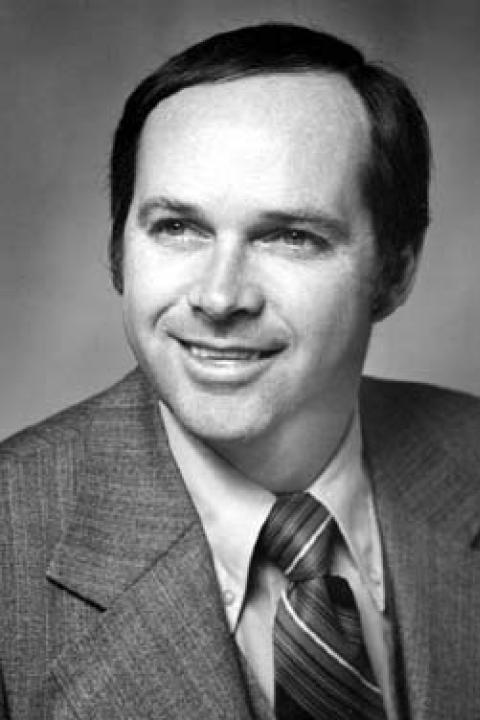
Dr. James E. Drinnon
Chancellor of the University of Tennessee at Chattanooga, 1973-1981
Dr. Drinnon became chancellor of the University of Tennessee at Chattanooga in 1973 after serving as vice president for administration for the University of Tennessee, where he had worked in various positions since 1965. He was an alumnus of the University of Tennessee and a native to Morristown, Tennessee. Prior to his career at the University, he worked with the FBI as a special agent and as a lawyer. He resigned his position in early 1981.

Dr. William A. Masterson
President of the University of Chattanooga, 1966-1969
Chancellor of the University of Tennessee at Chattanooga, 1969-1973
Dr. Masterson was president of the University of Chattanooga from 1966 until the school’s merger into the University of Tennessee System in 1969. After the merger, he remained as chancellor of the University until his resignation in 1973. After his chancellorship, Masterson stayed on the faculty at the University until his retirement in 1979. A native of Texas, Masterson received his bachelor's degree from Rice University in Houston and graduate degrees from the University of Pennsylvania. Prior to his graduate work, he taught at the Baylor School in Chattanooga and also served his country in World War II. He taught at Rice University during the 1950s, where he also had administrative positions. He remained at Rice University until he returned to Chattanooga in 1966. After his retirement in 1979, he returned to Texas, where he died in 1983 at the age of 68.
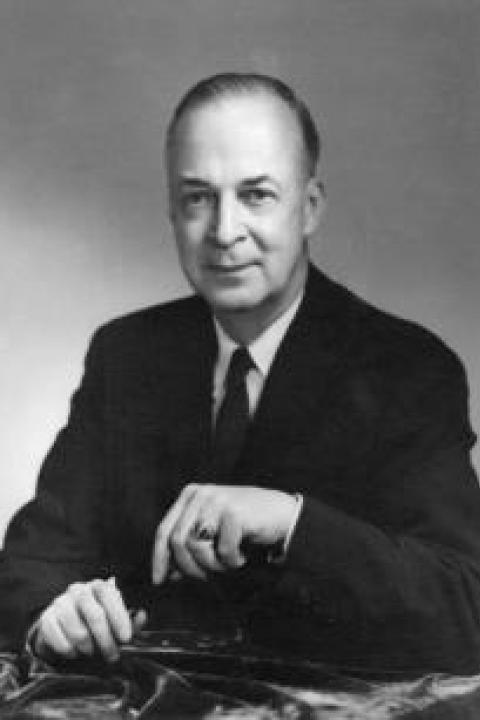
Dr. LeRoy Martin
President of the University of Chattanooga, 1959-1966
A 1924 graduate of the University of Chattanooga, Dr. Martin would be the last Methodist minister to serve as head of the University. He was born in Morristown, Tennessee, in 1901. He received theology degrees from Boston University and Drew University in Madison, New Jersey, where he served as university pastor for eight years. In 1950, he became president of Tennessee Wesleyan College in Athens, Tennessee. He became the president of the University of Chattanooga in 1959 and guided it for seven years, moving the University forward with the integration of African-American students in the early 1960s. After stepping down as president, Martin remained on the staff as the John H. Race Professor of Classics until his death in 1971. Today, the University has a chair named in his honor: The LeRoy A. Martin Distinguished Professorship of Religious Studies.
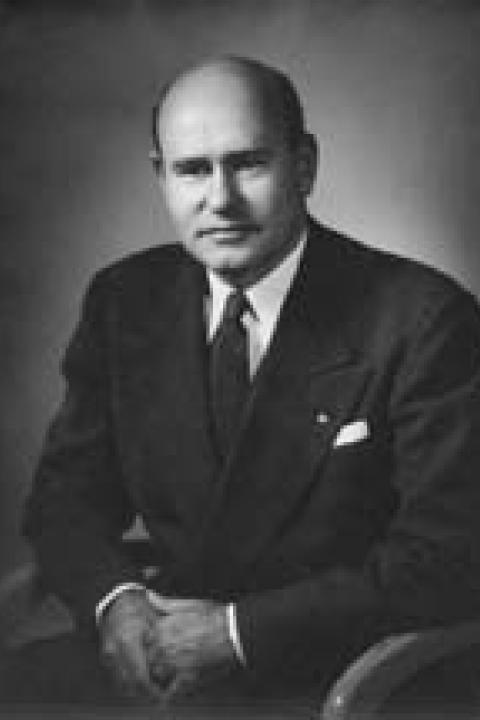
Dr. David A. Lockmiller
President of the University of Chattanooga, 1942-1959
A son of a one-time trustee of the institution, Dr. Lockmiller was the first native of Tennessee and the first Methodist layman to become president of the University. He was born in Athens in 1906 and graduated from Emory University in 1927, where he was elected to Phi Beta Kappa and later earned a master’s degree. He also received a law degree from Cumberland University and practiced law in Missouri for four years before enrolling at the University of North Carolina for further graduate studies. Upon receiving the degree of Doctor of Philosophy, he entered the teaching profession at North Carolina State College, where he rose from the rank of instructor to head of the department of history and political science.
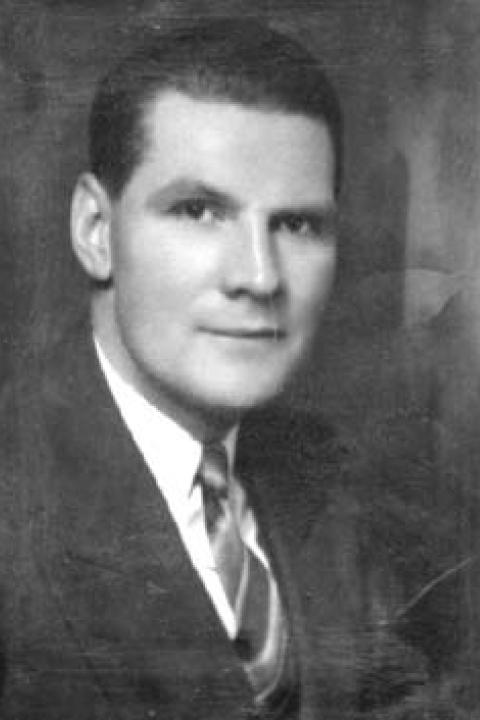
Dr. Archie Palmer
President of the University of Chattanooga, 1938-1942
Born in Hoboken, New Jersey, in 1896, Dr. Palmer graduated from Cornell University in 1920 and was a member of Phi Beta Kappa. By the time he received a master’s degree from Columbia University, he had wide experience in educational activities. After completing his undergraduate work, he served for three years as the secretary of the Liberal Arts College at Cornell and then as acting dean. During the next two years, Palmer worked in sales and personnel research at Proctor and Gamble Company. He also was Alumni Secretary at Columbia University and served as associate secretary of the Association of American Colleges. At the time of his election as president of the University of Chattanooga, he was executive secretary of the Cornellian Council of Cornell University.
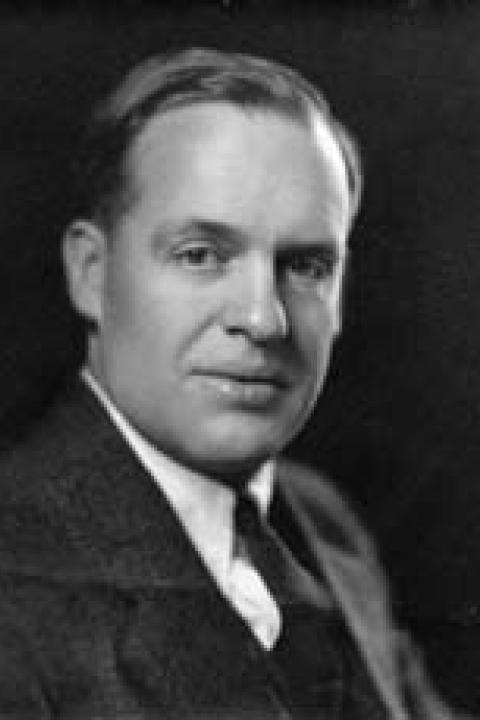
Dr. Alexander Guerry
President of the University of Chattanooga, 1929-1938
Dr. Guerry was born in North Carolina in 1890. He graduated from the University of the South with a bachelor's degree in 1910 and a doctoral degree in 1929. Immediately after graduation, he came to Chattanooga as a member of the faculty of the McCallie School faculty. After two years there, he moved to Baylor School. Except for his war experience in 1917 to 1918 as a combat officer in France, Guerry was connected with Baylor School first as associate headmaster and later as headmaster until his election to the presidency of UC.
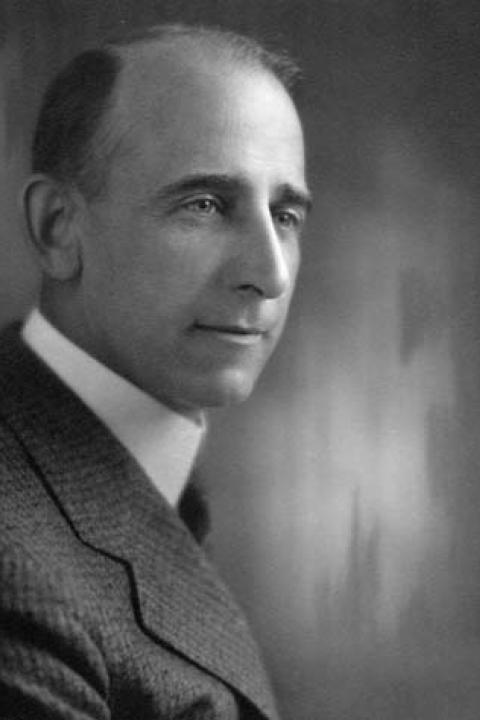
Dr. Arlo A. Brown
President of the University of Chattanooga, 1921-1929
Dr. Brown was born in Mercer County, Illinois, in 1883. He graduated from Northwestern University in 1903 and received a Bachelor of Divinity from Drew Theological Seminary. Brown did graduate work at Union Theological Seminary and Northwestern. He was a member of Phi Beta Kappa and was awarded a doctoral degree from Cornell College in 1921. From 1903 to 1912, he served various pastoral charges in the Methodist Episcopal Church. From 1914 until his appointment as president of the University of Chattanooga, he was the superintendent of the Teach Training Board of the Sunday Schools of the Methodist Episcopal Church. During the war years, he was a Chaplain in the American Expeditionary Forces.
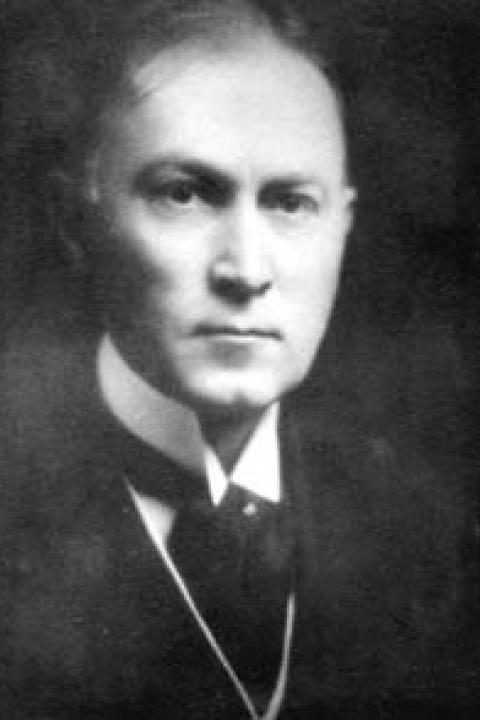
Dr. Fred W. Hixson
President of the University of Chattanooga, 1914-1920
Born in Indiana in 1874 and living most of his life there, Dr. Hixson completed collegiate studies in his home state. He graduated in 1899 with a bachelor's degree from DePauw University, where he was elected to Phi Beta Kappa. Hixson received a local preacher’s license as early as 1896. In 1913, he received a Doctor of Divinity degree in recognition of his services at DePauw. When he was invited to become the president of the University of Chattanooga, he was the minister of the First Methodist Episcopal Church at Crawfordsville, Indiana.
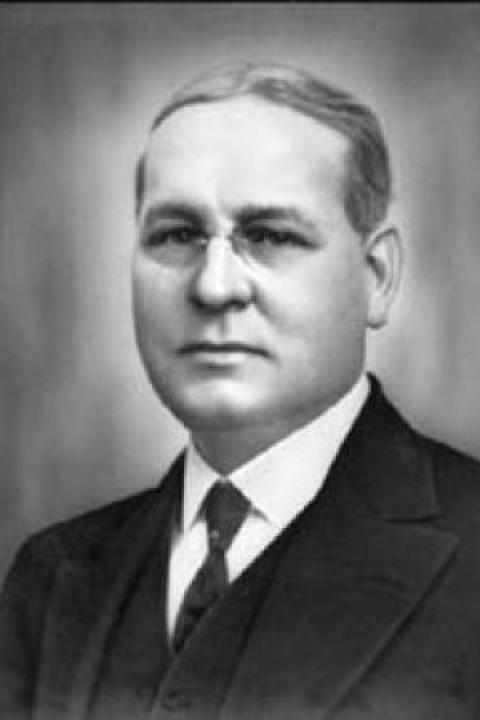
Rev. John H. Race
President of Grant University (Chattanooga campus) and the University of Chattanooga, 1897-1913
Rev. Race was born in Paupack, Pennsylvania in 1862. He held both bachelor’s and master’s degrees from Princeton University. Race was ordained as a Methodist minister in 1890. He had taught Greek and rhetoric in Wyoming Seminary in Kingston, Pennsylvania, until 1894 when he became pastor of the Centenary Methodist Episcopal Church in Binghamton, New York.
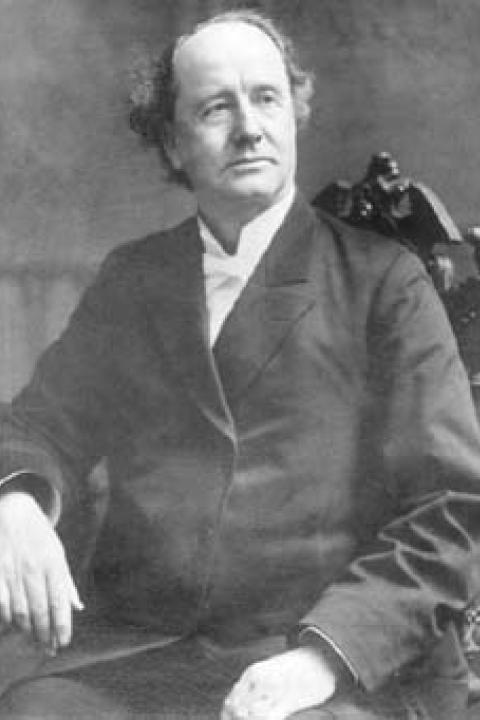
Bishop Isaac W. Joyce
Chancellor of Grant University (Chattanooga campus), 1891-1896
Bishop Joyce was born in Ohio in 1836. He graduated from Hartsville College and joined the Methodist Episcopal Church in 1858. He was a pastor in Lafayette, Indiana, from 1866 to 1876, and then in Greencastle, Indiana, from 1877 to 1880. From 1880 to 1888, he was a pastor in several Methodist churches in Cincinnati. In 1888, he was elected a bishop in the Methodist Episcopal Church and was assigned an Episcopal residence in Chattanooga. From 1891 to 1896, he served as chancellor for U.S. Grant University. Upon his retirement from that position, Joyce served the Methodist Church in work in Mexico and overseas. After leaving Chattanooga in 1896, he relocated to Minneapolis, where he died in 1905.
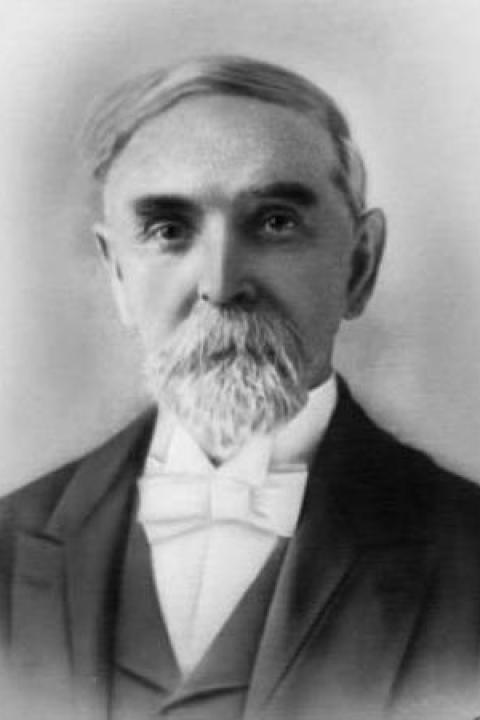
Rev. John F. Spence
President of Grant University (Chattanooga campus), 1889-1893
An Ohio native born in 1828, Rev. Spence graduated from Ohio Wesleyan University in 1853. Prior to the Civil War, he was a circuit-riding preacher. During the war, he was a chaplain in the Federal Army. He then worked in Knoxville, Tennessee, after the war, primarily with the Holston Conference as presiding elder. He later became president of Knoxville Female Academy and was elected president of East Tennessee Wesleyan University in Athens, Tennessee, in 1875. This school would later be renamed Grant Memorial University. Upon consolidation of Grant Memorial University and Chattanooga University in 1889, Spence became president of the renamed U.S. Grant University. He served in this capacity until 1893. Upon leaving Grant University, Spence founded the American Temperance University in Harriman, Tennessee. He was chaplain-in-chief of the Grand Army of the Republic from 1908 to 1909. Spence died in Orlando, Florida, in 1912.
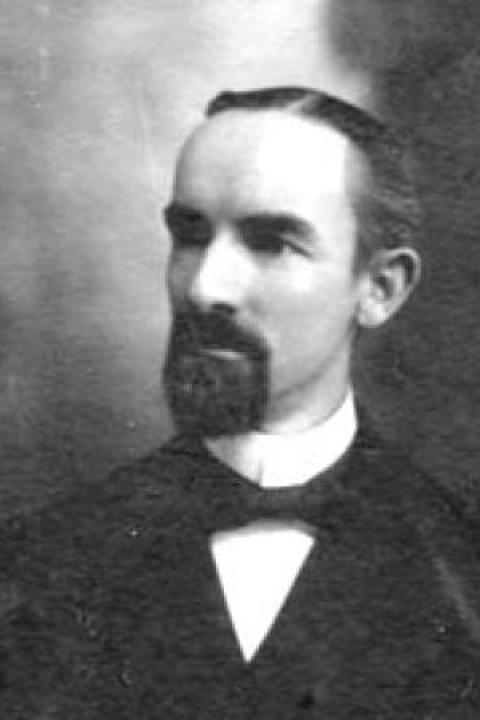
Rev. Edward Lewis
President of Chattanooga University, 1886-1889
Rev. Lewis was born in Natick, Massachusetts, in 1855. He graduated from Boston University, where he also received his master’s degree. As an undergraduate, he earned membership in Phi Beta Kappa and graduated with honors. Lewis was a professor at Cincinnati Wesleyan College and then president at Little Rock University before being elected acting president of Chattanooga University in 1886 at the young age of 31.